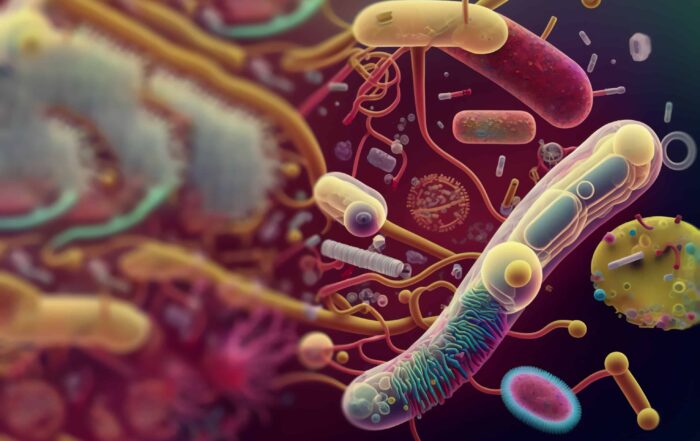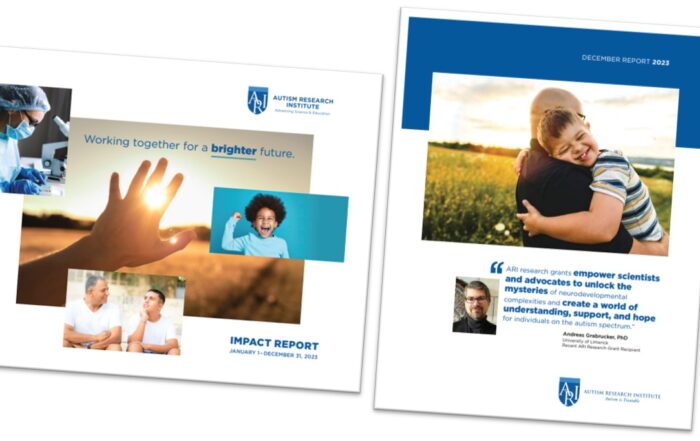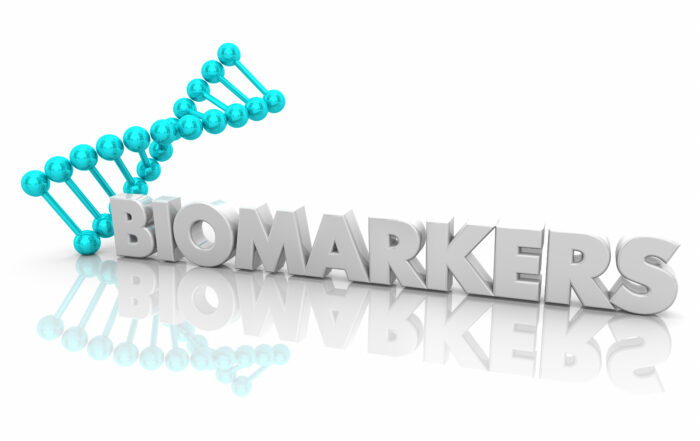Gender diversity is more common among children with autism spectrum disorders (ASD) than among their neurotypical peers, according to a new study.
Previous research has shown that the rate of gender diversity is elevated in children with ASD. However, Blythe Corbett and colleagues, who authored the new study, note that this research relied solely on parental answers to a single question from the Child Behavior Checklist.

In their study, Corbett and her team used the Gender Diversity Screening Questionnaire Self-Report and Parent-Report to assess gender diversity in 140 children with ASD and 104 neurotypical controls, all between 10 and 13 years of age. In addition, they used the same question from the Child Behavior Checklist that was used by previous researchers.
The researchers say, “Results showed that autistic children endorsed much higher rates of binary gender diversity (less identification with their designated sex and more with the other binary sex) and nonbinary gender diversity (identification as neither male nor female) than typically developing children. Similarly, parents of autistic children reported significantly more gender/body incongruence experienced by their child than parents of typically developing children. Specifically, parents of autistic females-assigned-at-birth reported significantly more gender-body incongruence than autistic males-assigned-at-birth.” Parental reports and self-reports were largely consistent.
The researchers conclude, “Results extend previous reports showing increased rates of gender diversity in autistic children, now based on both self-report and parent-report, and highlight the need to better understand and support the unique and complex needs of autistic children who experience gender diversity.”
—
“Greater gender diversity among autistic children by self-report and parent-report,” Blythe A. Corbett, Rachael A. Muscatello, Mark E. Klemencic, Millicent West, Ahra Kim, and John F. Strang, Autism, April 1, 2022.Address: Blythe Corbett, Vanderbilt University Medical Center, 1500 21st Avenue S, Nashville, TN 37212, [email protected].
This article originally appeared in Autism Research Review International, Vol. 36, No. 2, 2022
Editorial – Fecal Microbiota Transplantation and Autism
Over the past several years, Fecal Microbiota Transplantation (FMT) has become the subject of growing interest in the autism community due, at least in part, to the increased awareness of the gut-brain
ARI’s Latest Accomplishments
Connecting investigators, professionals, parents, and autistic people worldwide is essential for effective advocacy. Throughout 2023, we continued our work offering focus on education while funding and support research on genetics, neurology, co-occurring medical
Biomarkers start telling us a story: Autism pathophysiology revisited
Antonio Persico, MD, a recent ARI Research Grant recipient, explores the role of biomarkers in understanding autism pathophysiology. He discusses the complexity inherent to neurodevelopmental conditions and emphasizes the need to combine




